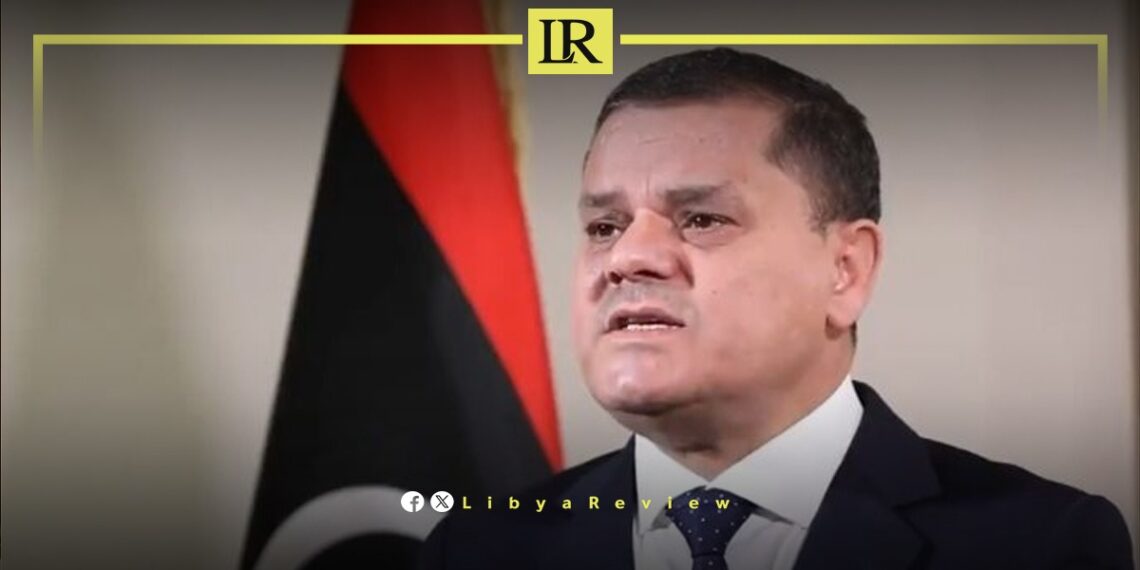Ahmed Tawfiq, a member of the High Council of State representing Zawiya, has criticized the Government of National Unity (GNU), headed by Prime Minister Abdul Hamid Dbaiba, for its handling of recent armed clashes in the western city of Zawiya.
In an interview with the Arab World News Agency, Tawfiq stated that the recurring violence is a result of the government’s failure to integrate armed groups and address the root causes of crime.
“The government shows a lack of concern for Zawiya specifically,” Tawfiq said. “Militias that are nominally under government control sometimes engage in unlawful activities without facing consequences, exacerbating security issues in the city.”
Recent clashes, triggered by lingering tensions between local militias, lasted around 24 hours before subsiding. “The situation is now calm,” Tawfiq noted. “These issues are being managed by wise community leaders and councils of elders, who step in to defuse crises in the absence of government intervention to assert state authority and control over weapons.”
The violence in Zawiya resulted in the death of one person, 11 injuries, and the evacuation of 20 families from the affected areas, according to the Libyan Red Crescent. The city’s ambulance and emergency services have since reported that the situation has stabilized, although they remain on high alert in coordination with the Red Crescent.
Zawiya, located west of Tripoli, has long been a hotspot for conflict among rival militias. These groups, often with shifting allegiances, have taken advantage of the power vacuum created by the ongoing civil war in Libya. The GNU, established in March 2021, was intended to unify the country and lead it towards elections. However, it has struggled to exert control over the myriad of armed factions operating across Libya.
The failure to integrate these militias into a cohesive national force has been a significant obstacle to achieving lasting peace and stability. Many of these groups continue to operate with impunity, engaging in criminal activities such as smuggling, human trafficking, and extortion. This lawlessness undermines efforts to rebuild the state and restore order.
The GNU has faced criticism for its inability to manage these armed groups effectively. Tawfiq’s comments reflect a broader frustration with the government’s inaction in areas like Zawiya, where local leaders have often had to step in to manage conflicts. The reliance on community leaders and councils of elders underscores the lack of effective governance and state presence in many parts of Libya.


